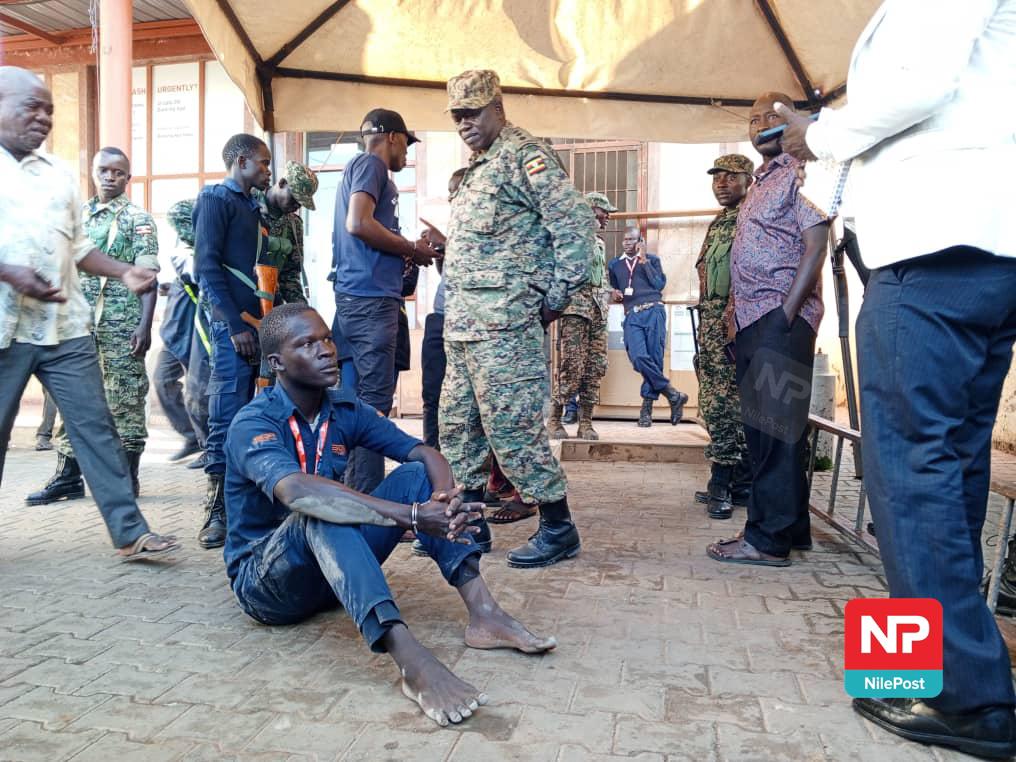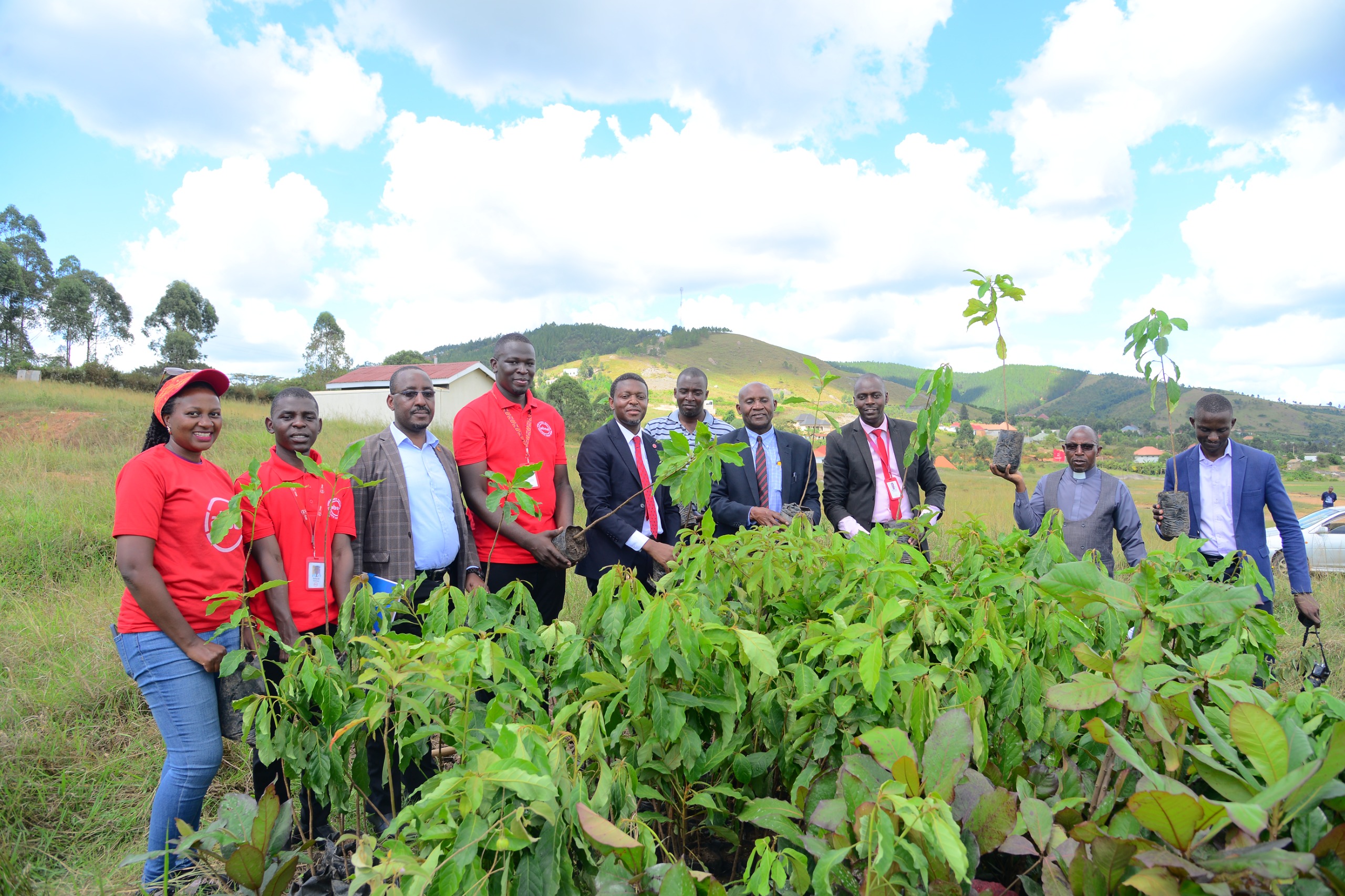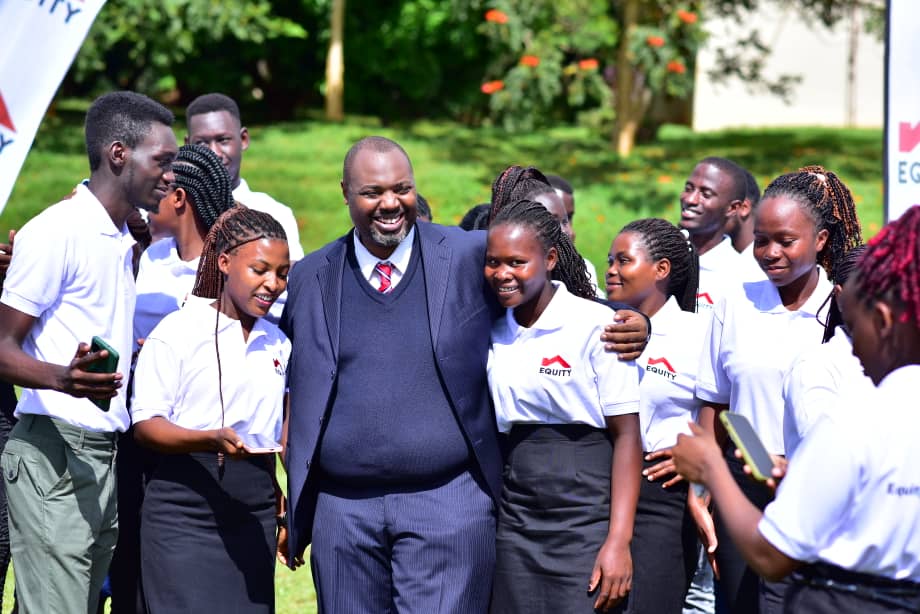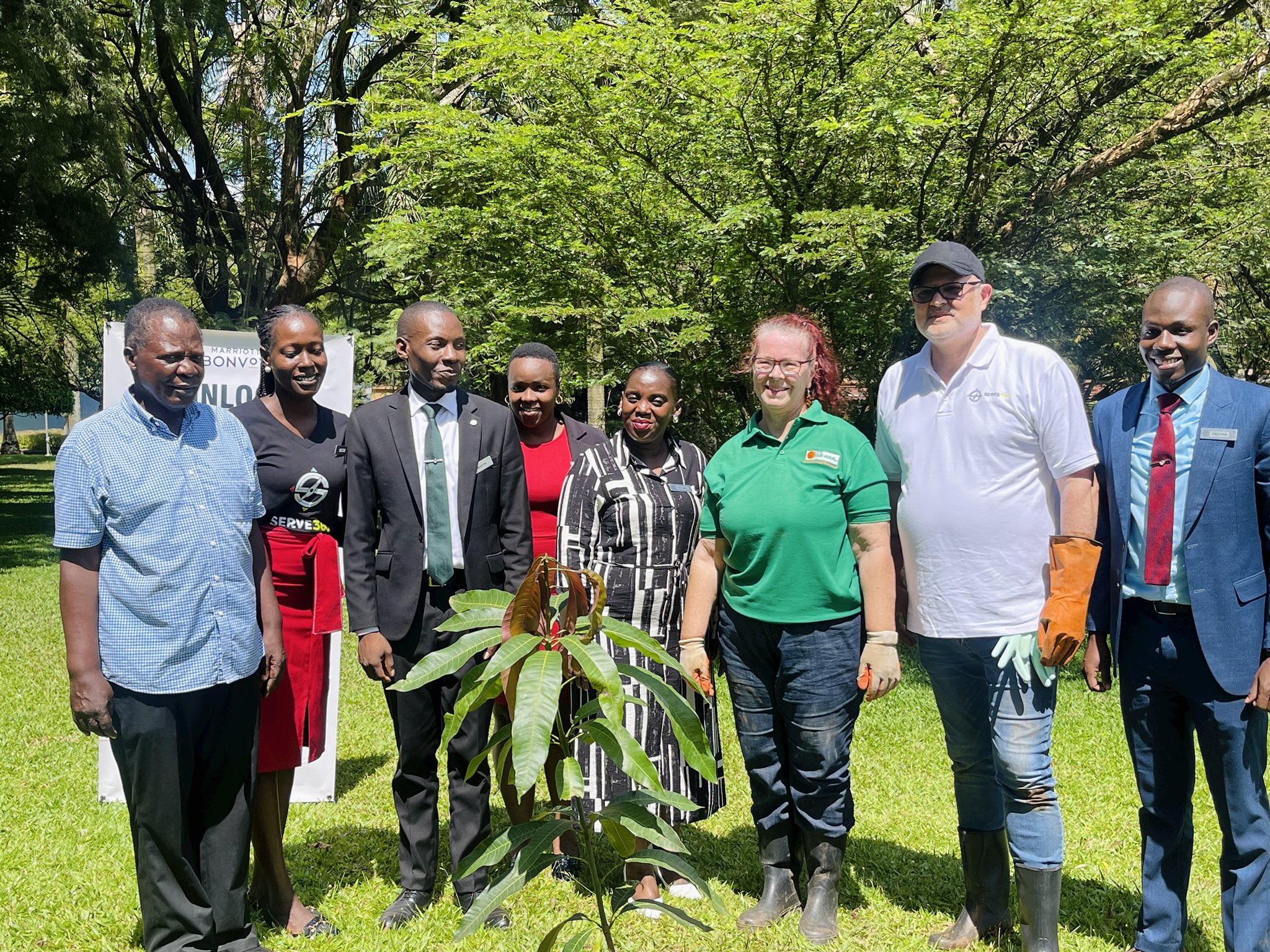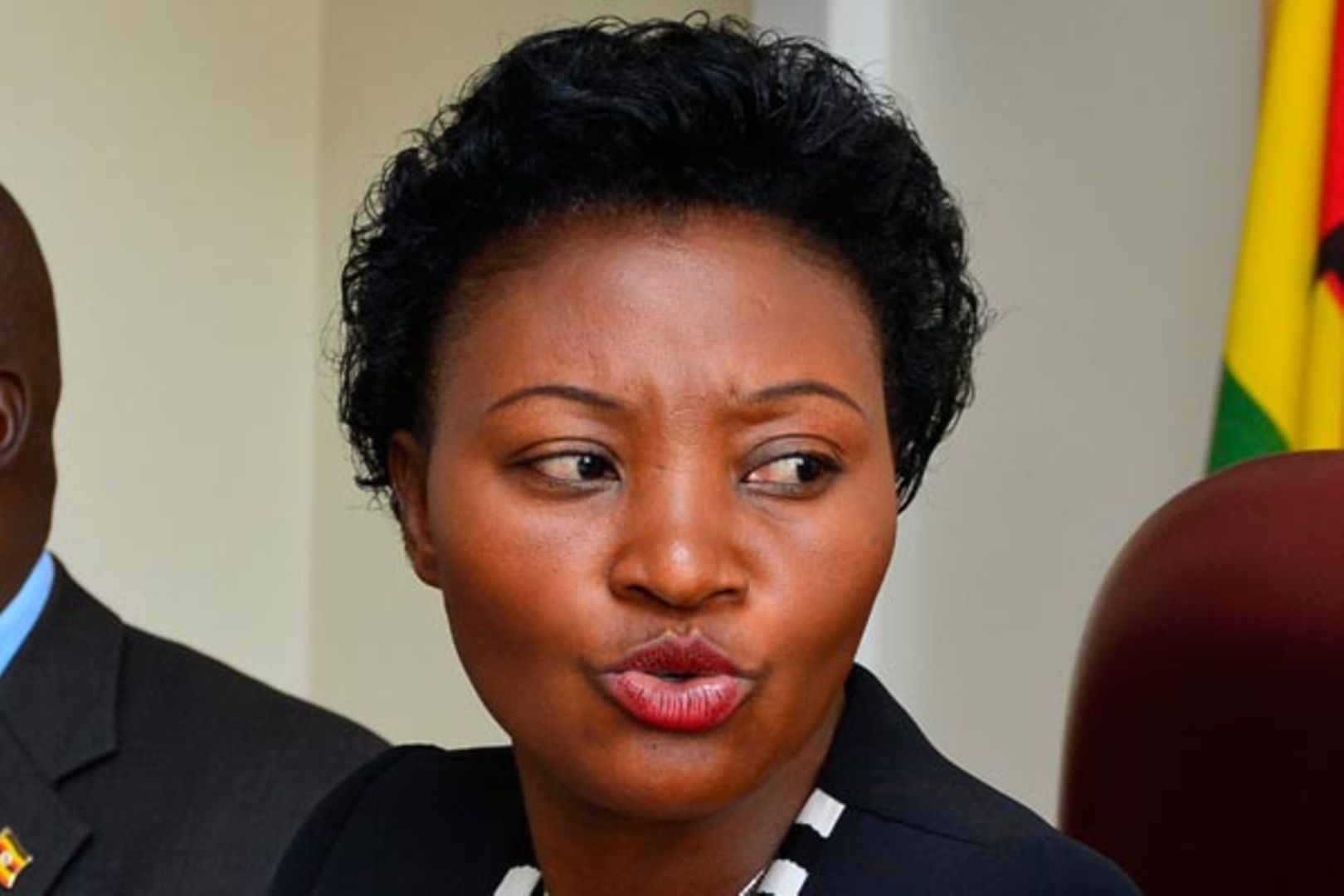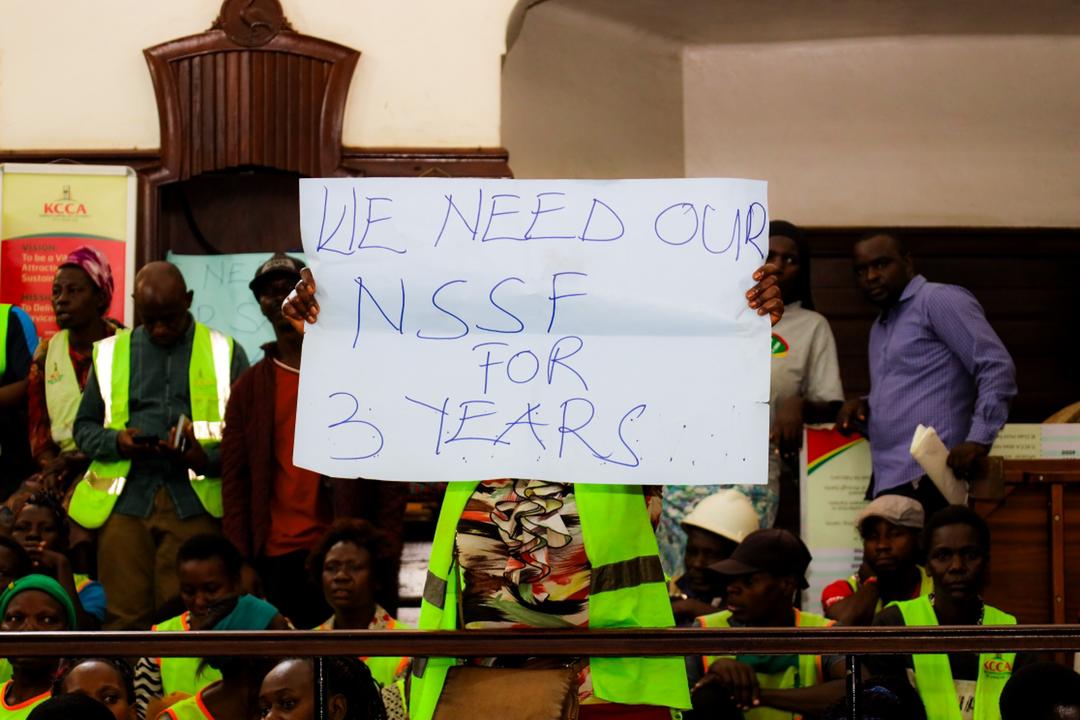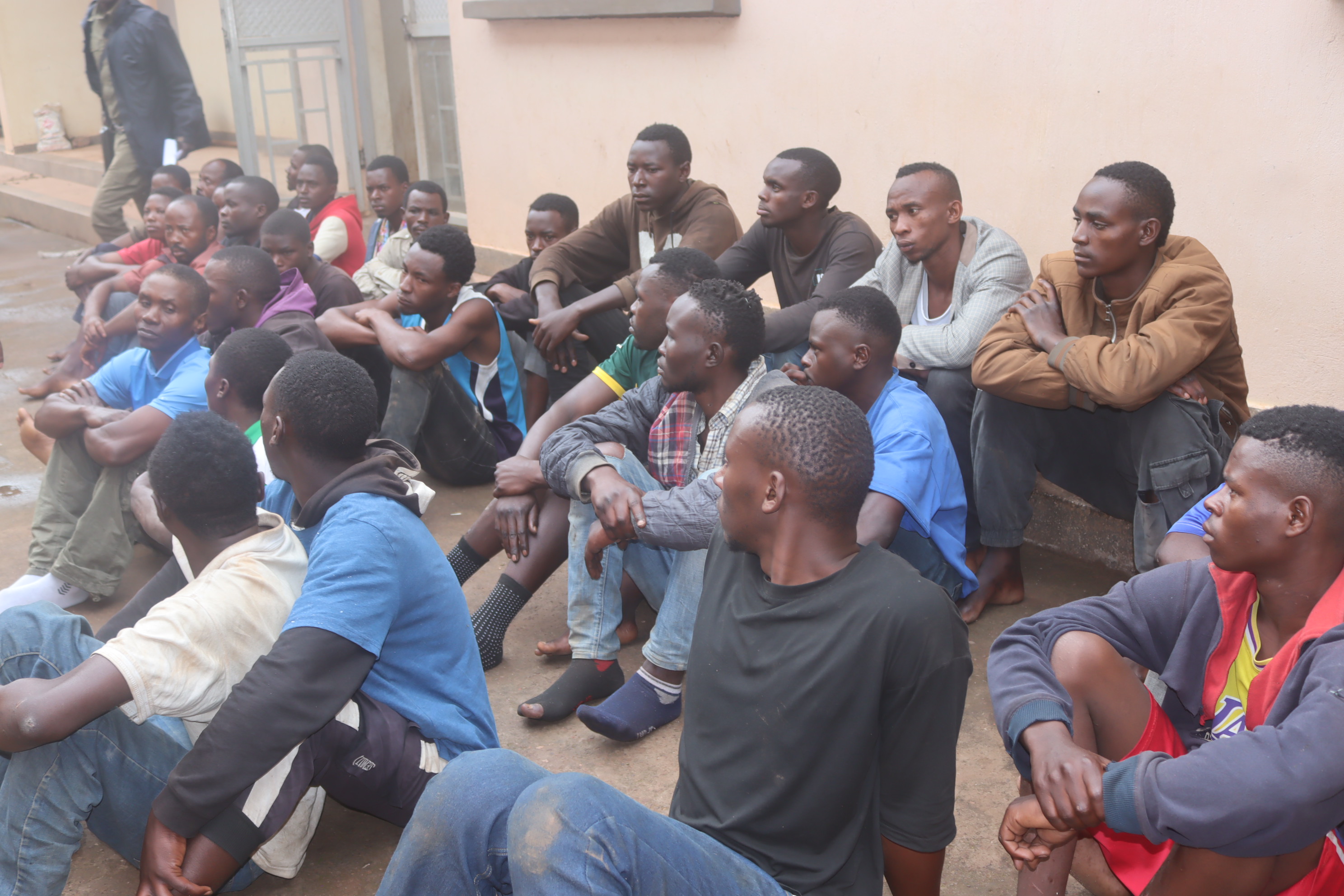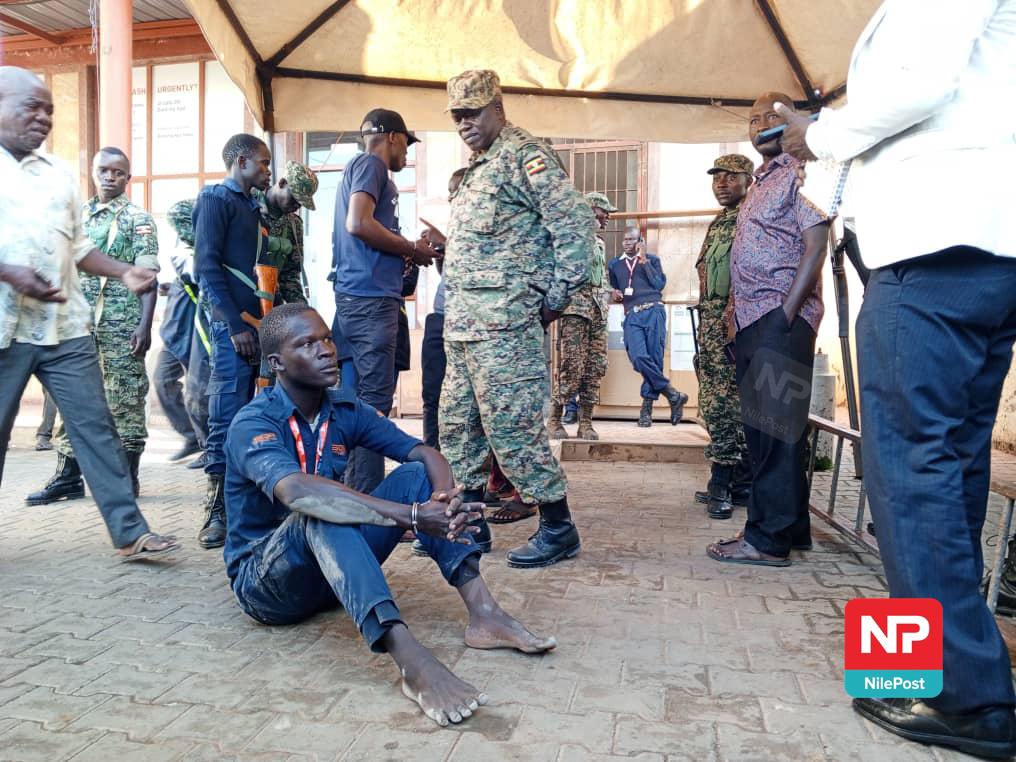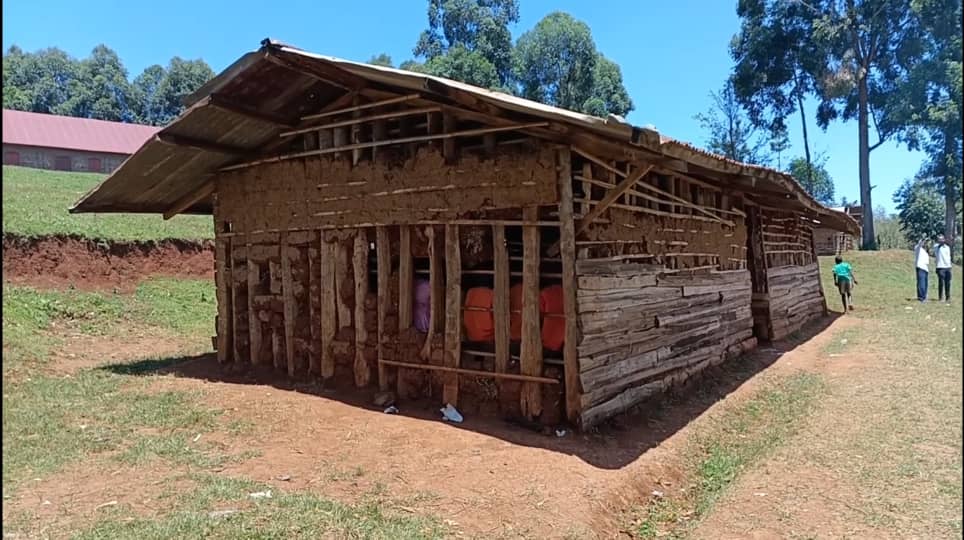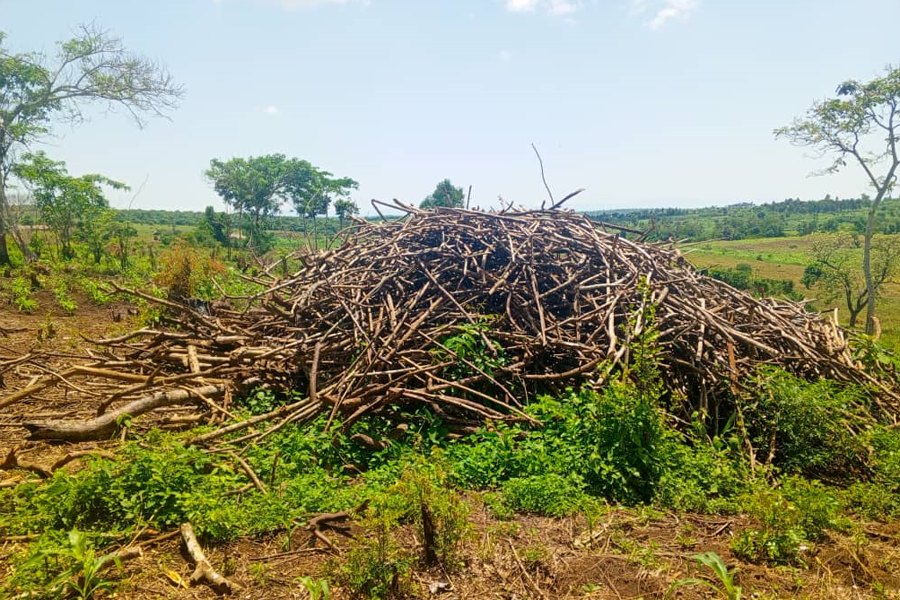MPs want more schools to be able to train Ugandans for the oil and gas sector
Legislators want all technical and vocational institutes to acquire international accreditation to train Ugandans in the oil and gas sector.
Government has so far accredited three vocational institutes in the Bunyoro region including Kinyara Friendship, Uganda Petroleum Institute Kigumba and Q-Sourcing as a way of promoting local content.
Keep Reading
However, MPs argue that limiting the accredited institutes to the Bunyoro region does not meet the objective of promoting local content in a national way.
The MPs from various committees led by the Natural Resources Committee raised the concern during a field visit to the oil and gas operational areas from 17 to 20 June 2019.
Hon. Vincent Woboya (NRM, Budadiri East) recommended a quota system for each district, so that students are sent from districts across the country to the accredited institutions.
“These training opportunities are not widely publicised, as such, other regions have missed out,” said Woboya.
Hon. Fredrick Angura (NRM, Tororo County South) urged government to accredit all technical institutions so that all Ugandans can benefit.
“Government passed a good policy on skilling Uganda which is for all Ugandans. That is the same way these trainings for oil and gas should be viewed,” said Angura.
Hon. Reagan Okumu (FDC, Aswa County) noted that oil is a national resource and therefore, all Ugandans should be accorded opportunities to benefit.
“Why select a few institutions. Oil is not a regional resource and if it is not made national, it will cause problems. Let us revisit the language we use and how we talk about oil. We should avoid words which personalise and regionalise oil,” Okumu cautioned.
The Director of Technical Services at the Petroleum Authority Uganda, Peninah Aheebwa, said that government has assessed vocational institutions in other regions in the country for possible international accreditation.
“Right now, we are addressing the gaps for these institutions to meet international standards. For you to be internationally accredited, they look at many things including facilities, curriculum and trainers,” said Ahebwa.
She added that several opportunities have been ringfenced for Ugandans including logistics and transportation from the ports and within the fields. Others include welding and construction.


